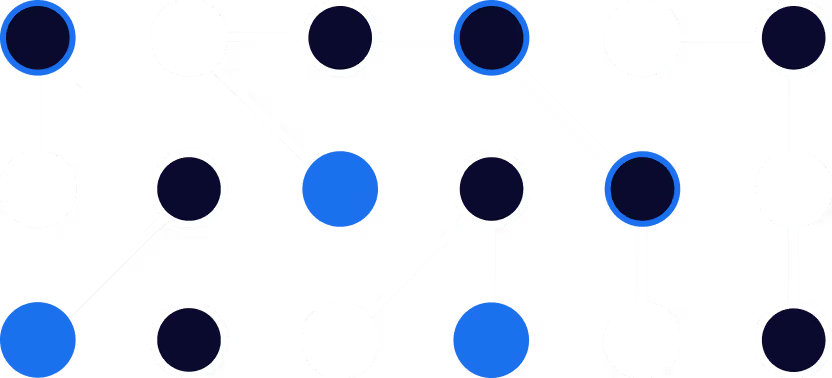Download this resouce by completing the form below

For generations, fatherhood has been seen as secondary — a supporting role to the supposedly innate instincts of motherhood. But modern science tells a different story. In a powerful interview on The Male Fertility Podcast, evolutionary anthropologist Dr Anna Machin breaks down outdated myths and reveals the deep biological and evolutionary roots of fatherhood.
Do Men Have a Parental Instinct? The Science Says Yes
One of the most enduring myths about parenting is that women are born with a natural instinct to care for children, while men must learn it. Dr Machin calls this out directly: “It’s complete fiction… a myth we’ve perpetuated.” Both men and women undergo significant hormonal and neurological changes when they become parents — changes designed to prepare them for caregiving.
In fathers, these shifts include changes in testosterone, oxytocin, vasopressin, and prolactin levels. The result? An evolved biological capacity to bond, nurture, and respond to their child’s needs. “They both start on a par in terms of instincts,” she explains. “Just go with your instinct — you can do this.”
Why Human Fathers Are Evolutionary Outliers
Human fathers are rare in the animal kingdom. Only about 5% of mammals show any paternal involvement — and humans are the only great ape species where fathers play such a prominent role. This isn’t random. According to Dr Machin, fatherhood evolved around half a million years ago, alongside the growth of the human brain and the longer dependency of human infants.
Evolution doesn’t invest in something so demanding unless it’s beneficial. Fathers developed specific hormonal patterns and brain changes that support empathy, bonding, and complex social behaviours — all critical to parenting.
“Evolution’s amazing,” Dr Machin says. “It doesn’t cause something like human fatherhood without giving you a chance to be good at it.”
Fathers Aren’t Substitute Mothers — And That’s a Good Thing
Importantly, fathers are not meant to parent like mothers. Dr Machin is clear: “We don’t want you to be a male mum. You’re supposed to be a dad.” Fathers typically engage in more physical, stimulating play — think rough and tumble — which plays a crucial role in a child’s development.
This kind of play builds secure attachments, helps children learn emotional regulation, encourages risk-taking, and fosters resilience. It’s not about being better or worse than maternal nurturing — it’s about the unique, complementary role fathers are biologically wired to provide.
Bonding Starts Before Birth
While many dads feel their strongest bond kicks in during the toddler years, Dr Machin emphasises the importance of prenatal bonding. Talking to the baby, feeling kicks, daydreaming, and interacting during scans all activate the brain circuits that prepare fathers to bond.
Research even shows that babies in the womb respond to their father’s voice and touch. Fathers who actively engage during pregnancy tend to form stronger early bonds after birth — an essential foundation for long-term father-child relationships.
Modern Dads Need Better Support
Despite the science, society still lags behind. Many fathers are treated as secondary parents — by healthcare systems, policy makers, and cultural norms. This exclusion can damage not only paternal mental health, but also the developing bond with the child.
Dr Machin calls for a cultural shift: “It’s about changing a culture and saying, actually this man is a co-parent… He’s a player in the game.” Modern fathers need to be seen, supported, and included.
Fatherhood Is Biological — But Also a Choice
Dr Machin’s message is powerful and hopeful: fatherhood isn’t just about sperm. It’s about showing up, bonding, supporting, and doing the work of parenting — and men are biologically and psychologically equipped to do it well.
“A bit of sperm doesn’t make you a dad… What makes you a dad is stepping up and doing the job.”
This article is based on Dr Anna Machin’s appearance on The Male Fertility Podcast — where we share a wide array of helpful information to support men on their fertility journey.
Available on Spotify, Apple Podcasts and YouTube.

A space for men to connect, learn and take control of their fertility journey.
.png)
